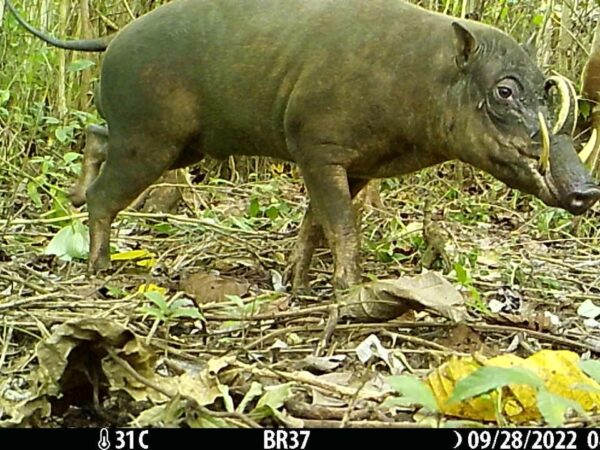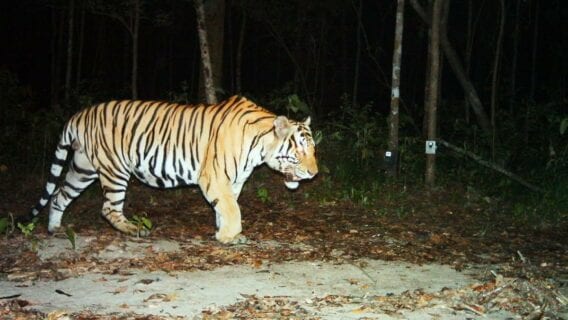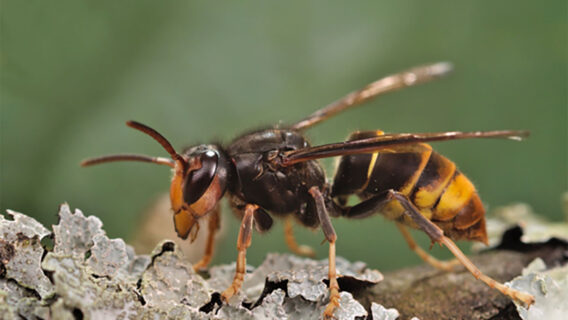
Promoting coexistence with the Togean Islands babirusa in Indonesia
Project description
The Togean Islands babirusa (Babyrousa togeanensis) is an endangered species endemic to the Togean Archipelago, Indonesia. It is protected under national law and recognised as a conservation priority species in the country. However, a recent study indicates that the babirusa faces serious threats due to human–wildlife conflict (HWC), particularly because local residents actively hunt them, viewing them as agricultural pests.
Coexistence between local communities and the babirusa is therefore a critical factor in the species’ successful conservation. To promote this coexistence, we have defined three objectives: to support the local community in implementing HWC mitigation strategies, to establish a local babirusa rescue facility, and to deliver educational programmes in local schools to raise conservation awareness among the younger generation.
Threats

Diseases

Habitat loss & degradation

Human-wildlife conflict
Project objectives
- Facilitate the local community in implementing HWC mitigation strategies. We will first conduct listening surveys to gather information from locals regarding conflicts between humans and babirusas. Based on the information collected, we will support the community in developing and applying various HWC mitigation strategies.
- Establish a local babirusa rescue facility. We will build a small facility in the Togean Archipelago to serve as a temporary shelter for babirusas that fall victim to HWC (e.g., caught in snares). Once ready, the babirusas will be released back into their native in-situ habitat.
- Organise education programmes at local schools. We will deliver educational activities to highlight the importance of biodiversity conservation in the Togean Archipelago, including the babirusa. The programme will include both indoor and outdoor activities, such as citizen science (e.g., birdwatching), jungle trekking, fun games, and classroom learning.
Project activities
- Conduct listening surveys to understand human–babirusa conflict in the Togean Archipelago, including the history and causes of conflict, local relationships with natural resources, perceptions of conservation, and existing local strategies for conflict mitigation. These listening surveys may take the form of focus group discussions, interviews, or participant observation.
- Provide transformation training to improve local attitudes towards human–babirusa coexistence. This includes reducing dependency on forest conversion through activities such as agricultural intensification training, as well as training in HWC mitigation strategies.
- Pilot trial HWC strategies and evaluate the effectiveness of each approach to determine best practices for long-term implementation.
- Organise conservation education programmes to introduce the importance of biodiversity conservation to students at local schools in the Togean Archipelago.
- Build a babirusa paddock as a long-term rescue facility for individuals affected by HWC. This activity includes securing agreements with the government and other relevant stakeholders.
This project is implemented by KASI Foundation, Indonesia




